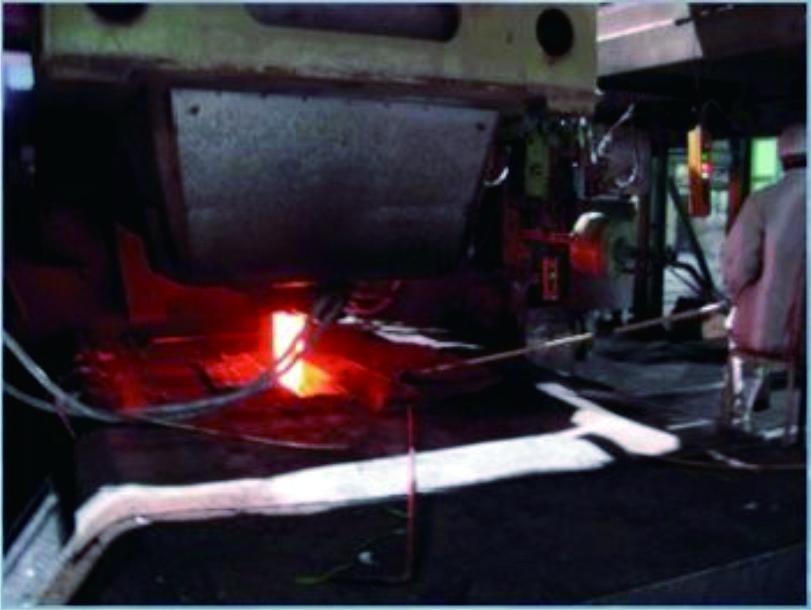
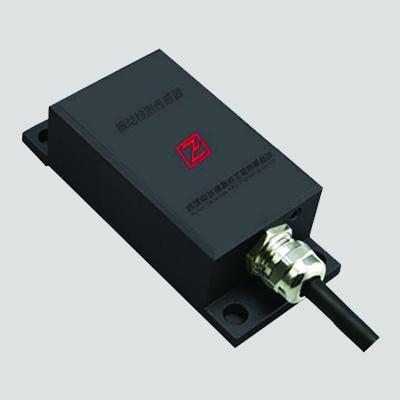
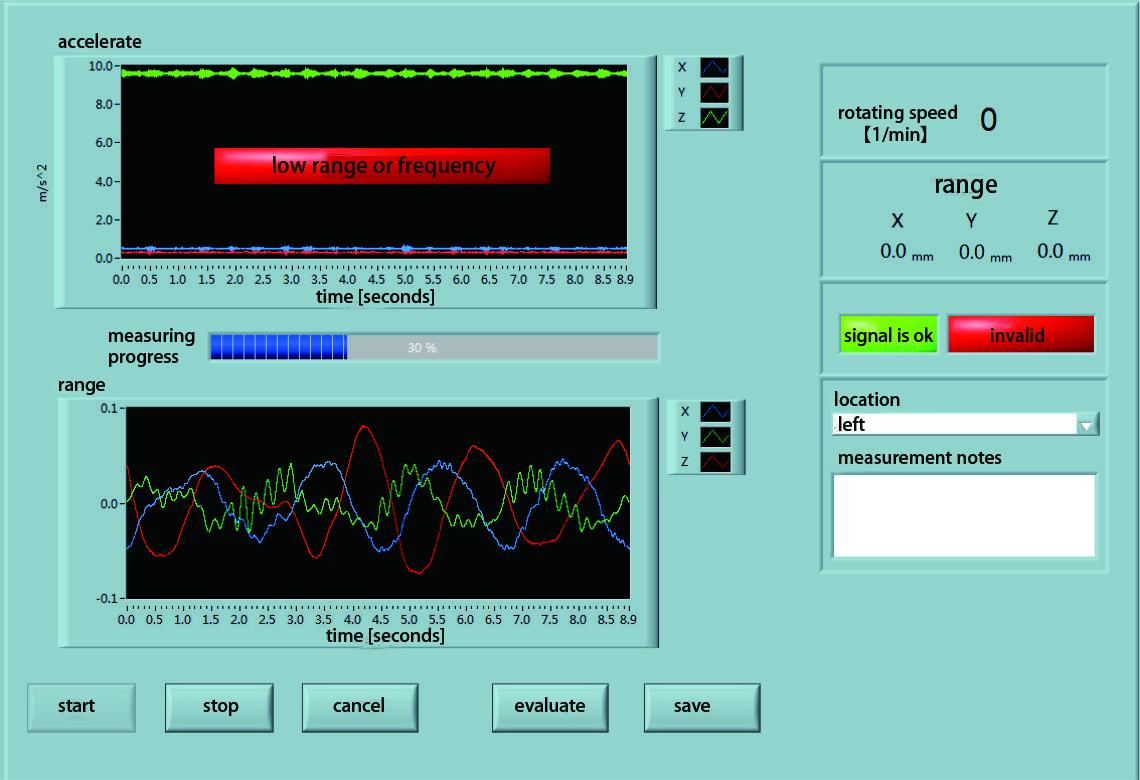
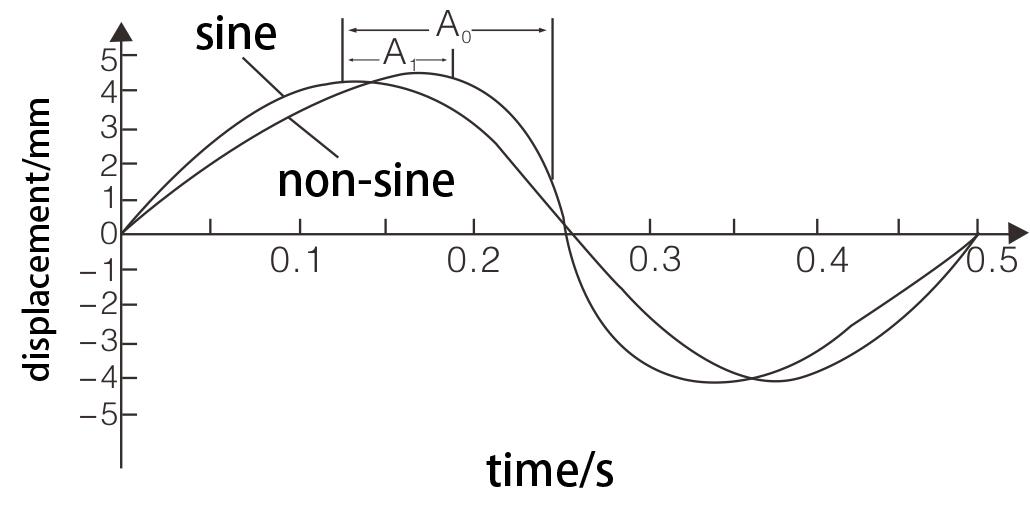
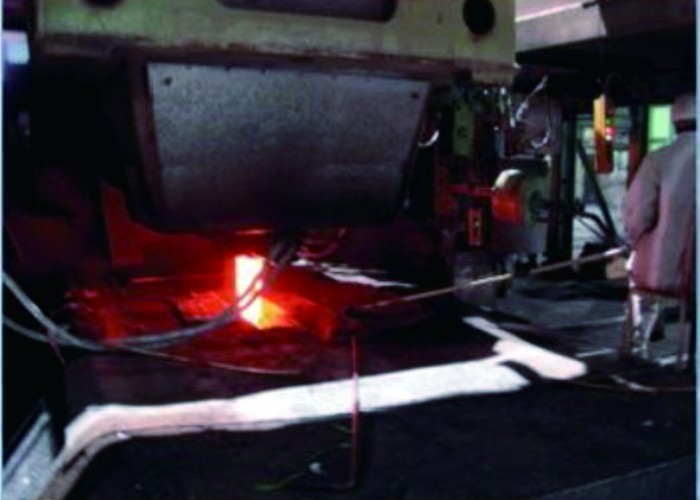





Scrie-ne ce problema ai în legătură cu acest anunț!
Comment
MOC-K100 Mold Oscillation Online Monitoring System
Services and equipment
0
0
Folosit
Individual
Nu
Details
Overview
Mold is the casting billet forming equipment in continuous steel casting, and it is also the core equipment and key technology of continuous casting machine. Its function is to forcibly cool the high-temperature molten steel continuously injected into its inner cavity through the water-cooled copper plate to export its heat and to gradually solidify it into a casting billet with the required cross-sectional shape and billet shell thickness. And the casting billet, which is still in liquid state, is continuously pulled out from the lower nozzle of the mold to create conditions for casting billet to be completely solidified in the subsequent secondary cooling area.
The main function of the mould oscillation device is to make the mould perform mechanical movement according to the given characteristics of amplitude, frequency and waveform deflection. The purpose is to facilitate demoulding and prevent the occurrence of sticking and breakout accidents due to the bonding of the casting billet with the copper wall of the mold during the solidification process.
MOC-K100 mould oscillation online monitoring system can three-dimensionally detect the positive and negative frequencies and waveform characteristics of the mould oscillation. The online changing data is provided in real time, which provides convenient and effective detection methods for on-site inspection personnel.
The meaning of the system
1. When the continuous casting machine is not working properly, the billet quality problems (such as unstable oscillation marks, edge cracks, etc.) occur. According to the monitoring results of the system, we can combine with the actual on- site situation to analyze the cause of the failure, and efficiently evaluate and solve the problem of the oscillation table to improve product quality.
2. During the normal operation of the equipment, with the fatigue and wear of the mechanical structure of the mold, the expected oscillation parameters of the mold and the actual oscillation parameters will have a oscillation difference with time change, resulting in the internal process parameters’ changing of the continuous casting machine. Timely and accurate monitoring of changes in these parameters is helpful to schedule maintenance.
3. Transfer equipment maintenance from regular maintenance to state maintenance, do not repair when there is no problem, and arrange maintenance according to production needs when abnormal signs appear. Prevent over-repair and under-repair.
4. According to the monitoring results of the equipment, the on-site working parameters are adjusted in time to avoid adopting inaccurate or large-error oscillation to work and prevent the "breakout" accident.
5. We can timely find out that the oscillation is not stable or out of control in a small range, so as to avoid the formation of unevenness and unstable oscillation marks on the surface of the slab during the solidification of molten steel into the slab, and improve the surface quality of the product.
6. Adjust the working parameters reasonably according to the monitoring results, avoiding the use of excessive safety factor, making the entire assembly line play a normal working efficiency, increasing the output of billets, and create favorable conditions for increasing the casting speed.
The functions of the system
(1) Overview of monitoring parameters: Provides an overview of real-time monitoring parameters in the full screen, displaying all real-time data including oscillation parameters and process parameters.
(2) Time domain waveform: This function mainly displays the oscillation waveforms of multiple measuring points and one channel standard waveform in real time, and simultaneously displays the three elements of oscillation of each measuring point in real time.
(3) Waveform superposition: The difference between this function and the time domain waveform is that the waveforms of multiple measuring points are superimposed on a graph with lines of different colors on the same scale, and the oscillation difference of each channel can be calculated and displayed intuitively.
(4) FFT: This functional module completes the calculation and display of the oscillation spectrum in real time. It is used to evaluate the waveform distortion of the entire oscillation table and to determine whether there is a problem with the installation of the oscillation device.
(5) Bar graph: The oscillation of each measuring point is indicated by a bar graph of peak value and sensor gap voltage, which is more intuitive.
(6) Trend: After starting this module, the operator can search the historical records in the database, analyze the changing trend of each parameter, and use it to analyze the rationality of the steel quality and processing parameter settings for different steels under the oscillation conditions.
The parameters of the system
1. Number of measurement channels: According to the mold design, up to 16 sensors can be arranged
2. Sensor: three-dimensional oscillation sensing (X, Y, Z three axes)
3. Sensitivity: 1000mV/g
4. Frequency range: 0.04~10HZ
5. Frequency accuracy: ±0.01 Hz
6. Amplitude accuracy: 0.005mm
7. Transmission mode: wired digital transmission, wireless transmission
8. Host: 3U standard rack, handheld device
9. Sensor power supply: 24V.DC
10. Host power supply: 220V.AC/50Hz
Mold oscillation curve
The structure of the system
The main components of the continuous casting mould online oscillation detection system are:
1. Three-dimensional oscillation measurement sensor
2. Handheld oscillation sensor calibrator
3. Dedicated signal connection cable
4. Preamplifier
5. Operation processing unit
6. Graphic display terminal
7. Industrial Ethernet (TCP/IP) or PROFIBUS-DP communication components
8. Control cabinet
Seller

Floria Liang

Wuhan CenterRise M&C Engineering CO., Ltd.
https://whzfy18.com
On website since. 2024
Price: $200000Alabama, Abanda



